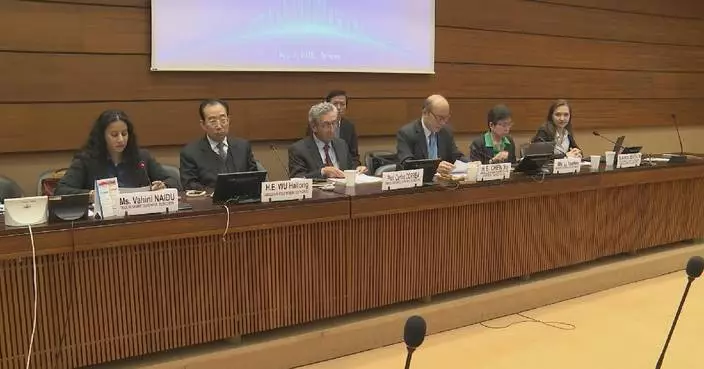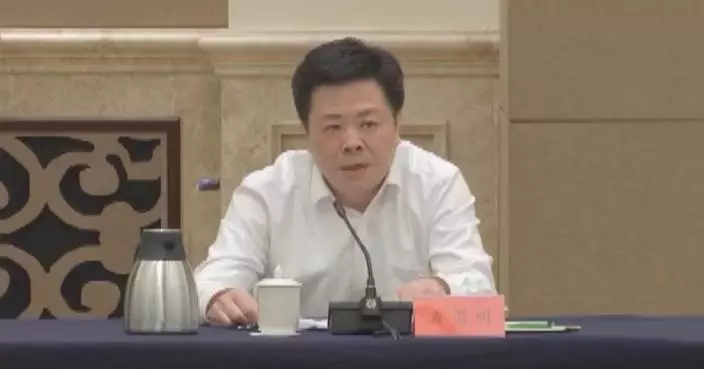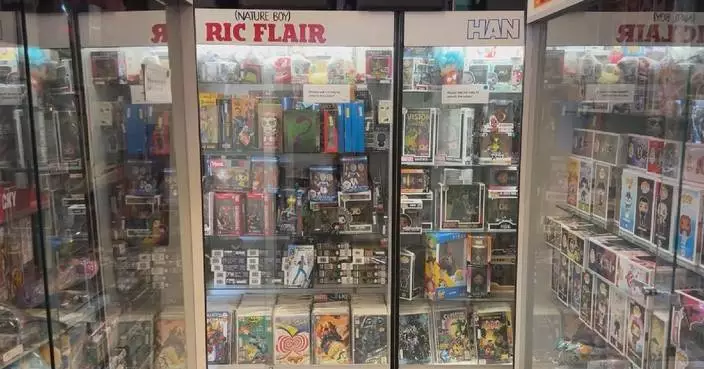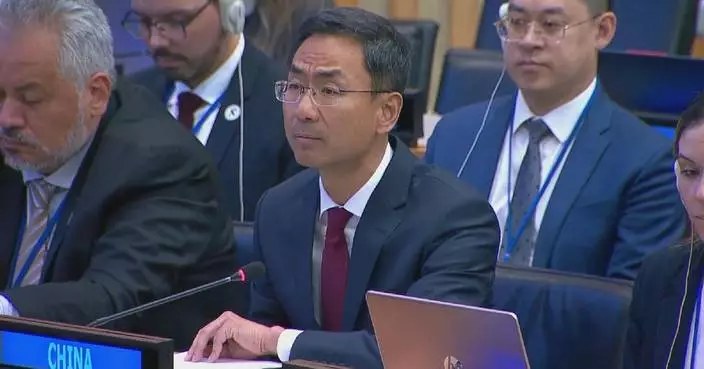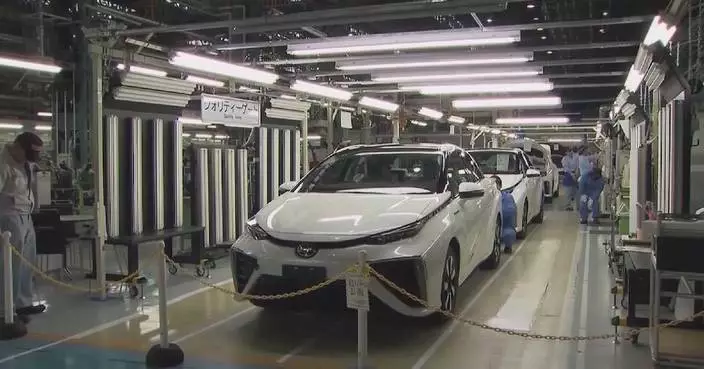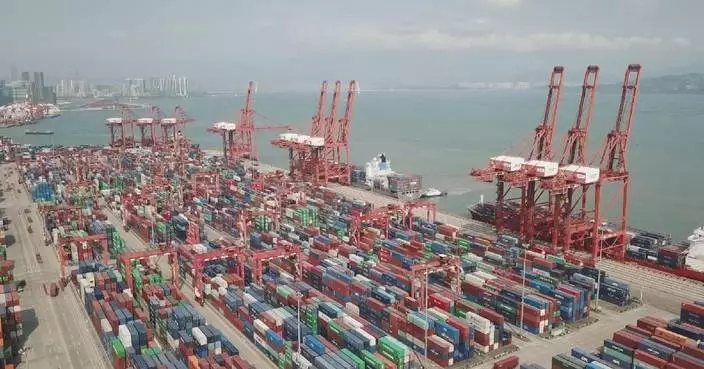The comprehensive display of China's active military hardware at the 15th China International Aviation and Aerospace Exhibition, or the Zhuhai Airshow, has indicated Chinese army's confidence, inclusiveness and openness, according to a military expert.
The airshow takes place in the southern coastal city of Zhuhai from Tuesday to Sunday. Multiple types of Chinese advanced military aircraft, such as the multi-role fighter jet J-10C, the Y-20 large transport aircraft, and the stealth fighter jets J-20 and J-35A, staged stunning flight performances, wowing visitors at the airshow.
These equipment, among others, are also on static display, enabling visitors to observe their exquisite designs and details up close.
The Y-20 even opened its cargo belly for visitors to have a multi-dimensional view and direct understanding of its projection capabilities.
"[The Chinese People's Liberation Army (PLA) Air Force's] August 1st aerobatics team already replaced its jets with the J-10C aircraft last year, the latest model of the J-10. Many people captured the splendid aerial displays presented by the J-10C, and they feel very proud. The latest progress of the Chinese army in the development of advanced weapons and equipment have left a deep impression on them," said Li Li, a famous military expert in China.
"Meanwhile, the cargo belly of the Y20 is open to visit reservations by ordinary people, so that they can directly feel the strategic projection capabilities of the aircraft. They can know how the airport projects tanks and troops [to combat zones] and how the chairs are arranged inside the cabin. This will help enhance people's understanding the Chinese air force and even mobilize more people to become pilots," she also said.
Covering more than 800,000 square meters, the airshow this year has attracted 1,022 companies from 47 countries and regions to participate.
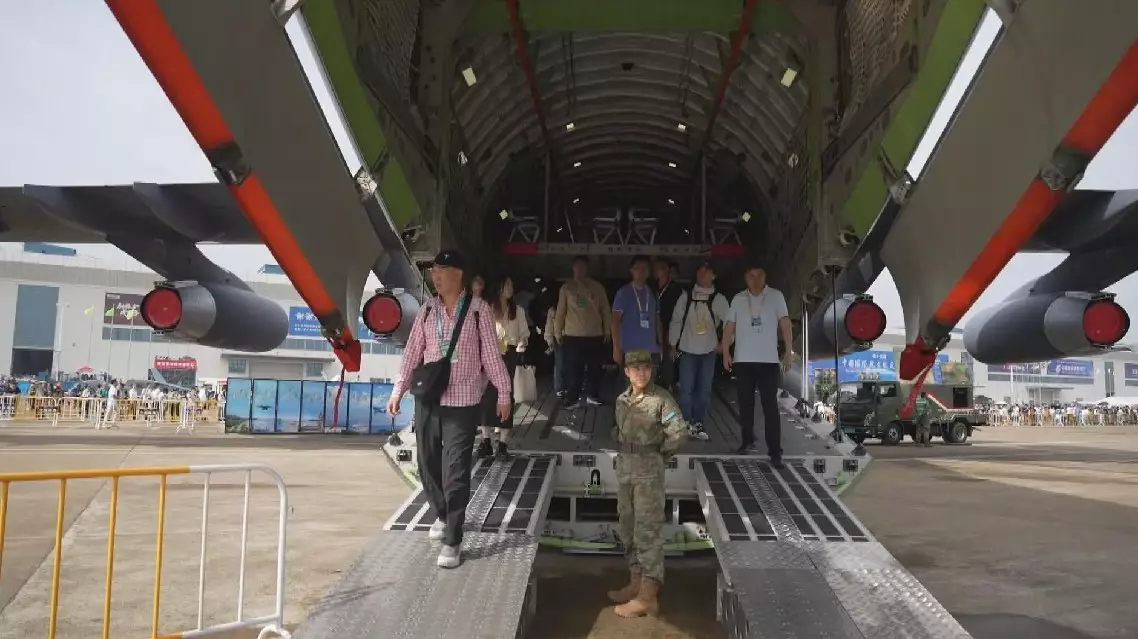
Comprehensive display of active military hardware indicates China's openness: expert
U.S. President Donald Trump's announcement of a 100 percent tariff on overseas-produced films has ignited fierce criticism from Hollywood and academic circles, amid growing concerns over the struggling domestic film industry.
Nicholas J. Cull, a professor at the University of Southern California's Annenberg School for Communication and Journalism, warned that the film tariff is fundamentally an act of political manipulation. He cautioned that it would heighten uncertainty in the industry, hinder international cultural exchange, sever global understanding, and undermine efforts toward international cooperation and dialogue.
"We live in a world where the problems are too big for any one country to solve, and the only way these problems are going to be solved is if people are able to work together. Now working together requires trust. Trust requires knowledge. One of the ways in which countries get to know each other, get to appreciate each other, is through exposure to their popular culture. Now it should be a time for learning more about each other, building trust between countries, and learning how to work together. And seeing each other's movies, I think, is a really important way of building knowledge and building trust. And so to me, the idea of limiting the distribution of films or penalizing production of foreign films is swimming in exactly the wrong direction at this particular moment in history," said Cull.
Cull also challenged Trump's justification that foreign films pose a threat to national security, calling it unconvincing and counterproductive to America's global image.
"He is making this important connection in that statement between what people see of America, how people feel about America, and how secure the United States is, but I don't think making crazy proposals and threatening our neighbors is a great way of helping America's reputation. I think that there must be better ways of going about this. So in the long term, this kind of behavior, I think increases mistrust about the United States," he said.
Cull further warned that the policy could trigger retaliatory measures from other countries, escalating into a cultural trade war that would limit the global flow of ideas and creativity.
"I think that in the more immediate future we can see that there will be a danger of reciprocal tariffs. So other countries will say, 'well, if you're going to impose a tariff on our production, we're going to impose a tariff on your production.' And that would be unhelpful. I think one of the things I would worry about is the world seeing less of one another's creativity, less of one another's perspectives. Right now, we need to know more about what each other are thinking, I feel," he explained.
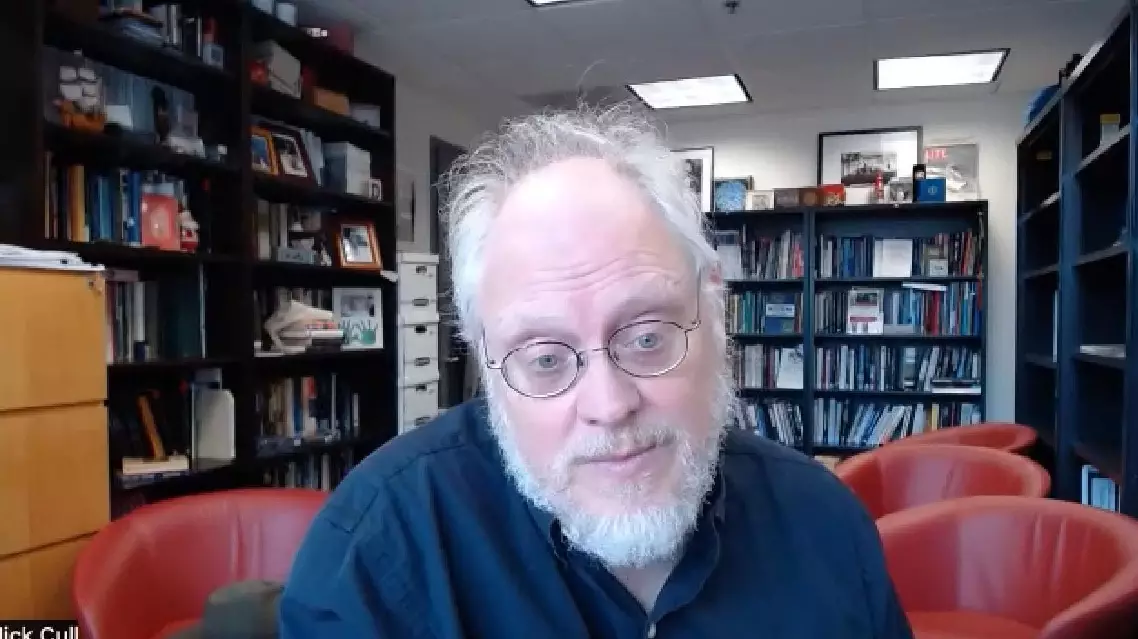
Trump's film tariff fuels global cultural divide: scholar





